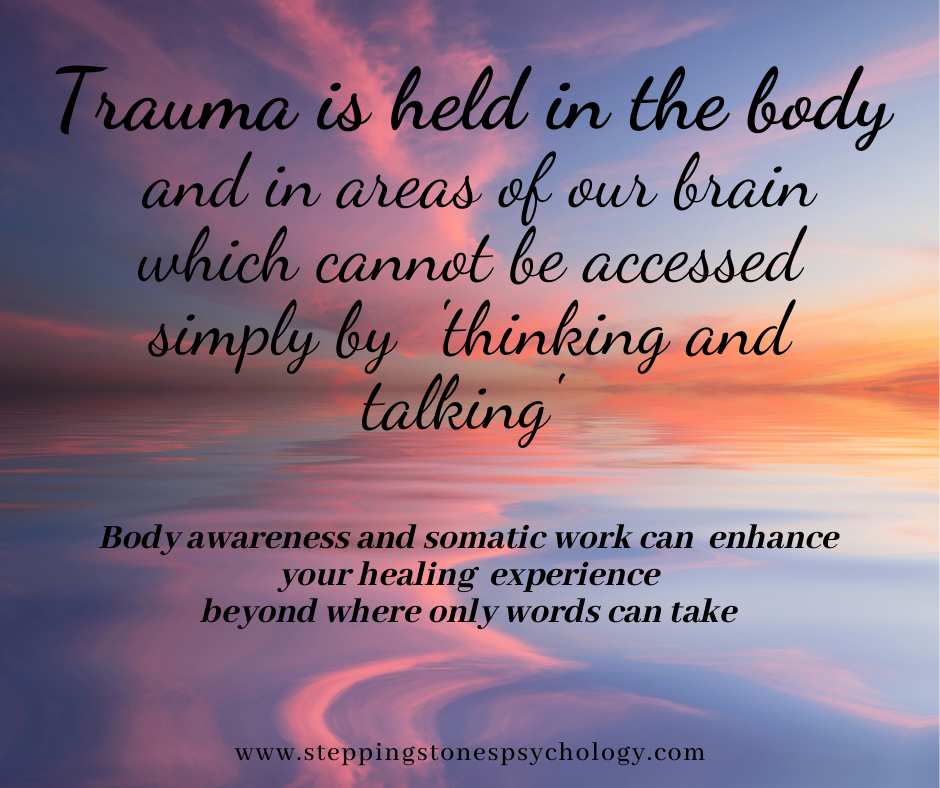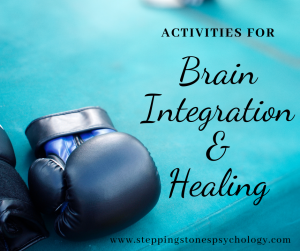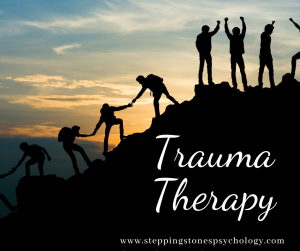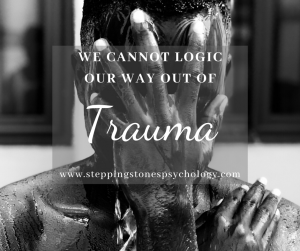You may have been struggling with negative thoughts and beliefs about yourself and the world. You may have been suffering from addictive behaviours. You may have been struggling with psychological and emotional difficulties. You may have been suffering from tension and numbness in your body. You may have identified a pattern of dysfunctional relationships you tend to engage in. All of these usually stem from our childhood experiences.
Now you may think right away that you have not had any major traumas and that this won’t apply to you. Maybe not. Trauma does not only relate to major traumatic experiences big ugly traumas like child sexual abuse or violence. Instead, a trauma response occurs from any experience where we felt fearful, overwhelmed and unsafe. Collective trauma is occurring right now due to the global pandemic for example.
You may have invested in years of therapy and self-help books, which are all great stuff, but would not be enough to deeper level of healing work when there have been trauma or childhood stress. It is because trauma impacts on areas of the brain which are not accessible by cognitions (the ‘thinking’ brain). That part of our brain has little ability to change the deeper parts of the brain, especially when the body is in a state of shock, distress or survival mode (e.g. trauma response). Talking therapy and self-help stuff only work when that part of our brain is ‘switched on’. When we get triggered our ‘thinking’ brain gets hijacked and when this happens it literally ‘shuts down’ and it won’t be possible for you to hear words, reason or make meaning of events and experiences. This is what leads us to being stuck in survival mode.
Trauma can be stored in the body, and by releasing it, it helps you heal. It helps us process trauma stored in our body simply by using the body. It means revisiting the trauma gently and safely, and allowing yourself to feel the emotions that went along with it and try to help remove them from your body. Taking the time to really breathe through it and really being able to zone in on your body’s reactions to the trauma is an important aspect of Embodied psychotherapeutic models
We are currently running a 6-weeks programme on integrative approaches when it comes to post-traumatic growth. The sessions will offer you psycho-education, tools, techniques and resources to help releasing trauma (anxiety and stress) you have been carrying within you. You will leave the sessions having gained the knowledge and tools to listen to your body and respond with compassion to live more consciously and with ease in the world.
Feedback from previous participants:
“What an amazing opportunity to learn about trauma-informed yoga, to practice some moves as well as learn the thinking behind them. The style of language that Nicole used during the yoga practice was especially interesting to me as a speech and language therapist – it was all about invitation and giving choices to increase the sense of agency and autonomy over one’s body, and as such it was very powerful for anyone who has suffered trauma (as so many of us have). The session was gentle but powerful. Nicole was an excellent teacher and the psycho-education was spot on, without loads of jargon to confound us. I feel so privileged to have attended this session as well as the previous sessions in this Embodied Trauma course and I can’t wait to see what awaits us over the next few weeks.”
In these sessions we have been combining various embodied approaches to healing, including elements of Sensorimotor Psychotherapy, Somatic Experiencing (SE) and the work by Dr Bessel van der Kolk. These are specialist therapeutic approaches invented for healing trauma in the physical body, which have been found to have subsequently a positive impact on mental health and wellbeing.
A feedback from another participant:
“The session was superb, so enlightening, well structured and informative. Great to weave theory into her practical yoga based embodied approach with the opportunity to try out practices. Her trauma knowledge is second to none and her manner was gentle and reassuring. I’d love to be able to attend future sessions and would recommend her sessions to anyone hoping to integrate an embodied approach in to trauma healing and growth”
The sessions are each offered by trauma-informed professionals who each bring in their own set of expertise.
Another lovely feedback from a previous participant:
“The group atmosphere was supportive and everyone listened so well to each other. It was led well, and my fears about being over-stimulated (I have severe insomnia) in the evening proved unfounded. The trainer was so calming, so respectful, and so ‘present’ that I felt myself calming down just by being there. He led us through a few simple exercises which I was really pleased about because I had wanted the learning to be experiential, and it was. We focused on somatic healing and how to calm the over-aroused nervous system and he explained things well without being patronising. I am really looking forward to the next session and the next trainer and making the most of this very special opportunity to learn more about how to support myself in my own journey of post-traumatic growth.”
The foundation of all these sessions will be underpinned by trauma-informed and attachment-based theories. Our next session is scheduled to take place on Wednesday 14th October 7pm BST.
This session will be facilitated by Giten Tonkov – the Director and Founder of BioDynamic Breathwork & Trauma Release Institute.
BioDynamic Breathwork® is built on a new approach to trauma release. It integrates deep connected breathing, movement, bodywork and meditation. You can find out more about their work here: https://www.biodynamicbreath.com/
Cost: £28 (concessions available to those with financial struggles). If you like to register, please send an email to contact@steppingstonespsychology.com
©2020 Stepping Stones Psychology. All Rights Reserved




